Ecology - RKXOK1ABNF
Academic year/semester: 2024/25/2
ECTS Credits: 4
Available for: All OU students
Lecture hours: 2
Seminarium:-
Practice: 1
Laboratory: 0
Consultation: -
Prerequisites: RKXBI1EBNF
Course Leader: Prof. Dr. habil. Hosam Bayoumi Hamuda
Faculty: Rejtő Sándor Faculty of Light Industry and Environmental Engineering, 1034 Budapest, Doberdó utca 6.
Course Description:
The aim of the course is to introduce the concepts and principles of ecology. Topics: Units of supraindividual organization; biological organizational levels, with particular regard to supra-individual
organizational levels, definitions, characterizations. Interaction between nature and man,
biological-cultural coevolution, complementarity of biological capacity and mediating systems.
Association theories. Interpretation of environmental and nature protection. The concept of primary
production, its distribution on Earth, environmental factors limiting primary production.
Population, community ecology. Changes in communities over time, main types of succession. The
structure and change of living communities (associations). The main status indicators of
ecosystems, the characteristics of communities of organisms interpreted as systems. The biome and
the biosphere. The biosphere and its history; the concept of biodiversity, its importance, and the
need to protect it; the Gaia hypothesis; changing associations and global biogeochemical cycles
and their consequences; the history of man\'s nature-transforming activity; the problem of world
food; the lack of fresh water; the problem of world population growth; the growth of the world
economy, economic globalization; environmentally friendly technologies, environmental
protection.
Competences:
− Knowledge of general and specific mathematical, natural and social scientific principles, rules, relations, and procedures as required to pursue activities in the special field of environment protection − Knowledge of the learning, knowledge acquisition, and data collection methods of the special fields of environment protection, their ethical limitations and problem-solving techniques. − Comprehensive knowledge of the basic features and interrelations of environmental elements and systems, as well as of the environmentally harmful substances affecting them. − Able to cooperate with engineers involved in the development and application of production and other technologies to develop the given technology in terms of environment protection. − Able to participate creatively in engineering work based on their multidisciplinary skills, as well as to adapt to continuously changing circumstances. − Collaboration with civil organizations engaged in environment protection, but willing to argue in order to develop optimal solutions. 25 − Constantly upgrading their knowledge of environment protection by attending organized professional development training courses. − Sharing experiences with colleagues, thus promoting their development. − Taking responsibility towards society for their decisions made in the scope of environment protection.
Topics:
Week 1
Lecture: Presentation of concepts and principles of ecology.
Practical: Effect of climatic changes on vegetation.
Week 2
Lecture: Levels of supra-individual organization; biological organizational levels, definitions, and characterizations.
Week 3
Lecture: Interaction between nature and human, biological-cultural coevolution, complementarity of biological capacity and mediating systems. Association theories.
Practical: Effect of CO2 on plant growth and nutrition.
Week 4
Lecture: Interpretation of environmental and nature protection.
Week 5
Lecture: The concept of primary production, its distribution on Earth, environmental factors limiting primary production.
Practical: Eco-friendly nutrient replenishment and plant protection in the small garden.
Week 6
Lecture: Ecology of population and community.
Week 7
Lecture: Changes in communities over time, main types of succession.
Practical: Ecologically sustainable development as a principle of environmental regulation. Industry and environment. Agriculture as environment. With the weather forecast, with air pollution.
Week 8
Lecture: The structure and change of living communities (associations).
Week 9
Lecture: The main status of indicators of ecosystems, the characteristics of communities that can be interpreted as systems.
Practical: Environmental protection in corporate practice. Institutions of environmental organization. Requirements and application guidelines.
Week 10
Lecture: The biome and the biosphere.
Week 11
Lecture: The biosphere and its history.
Practical: Vegetation \"population\". The ecological foundation of the Excel spreadsheet program. Graphic display. Use of statistical functions. Data analysis functions.
Week 12
Lecture: The concept of biodiversity, its importance, and the need to protect it; the Gaia hypothesis.
Week 13
Lecture: Changing associations and global biogeochemical cycles and their implications.
Practical: Using Quadrat methods to measure the vegetation rates.
Week 14
Lecture: The history of man-nature-transforming activity; the problems of: world food; the lack of fresh water; the problem of world population growth; the growth of the world economy, economic globalization; environmentally friendly technologies, environmental protection.
Assessment: Participation in occupations: Participation in practicals and lectures is obligated. Students should not absent more than 4 lectures and 1 practical lesson. If more, the course result is disable. Mid-terms, protocols, reports, etc.: Their prisons, minutes, reports, etc.: Completion of 2 (theory+practice in one) indoor theses at a minimum level. The extra-local one is in the 14th week, and the TVSZ of the exam period. in the period prescribed by. The method of obtaining a signature / mid-term mark: Signature conditions: a sufficient level of performance of the 2 med-term examinations, solving the homework and write the assay as well as the practical final report of the practices. In case of mid-semester mark fail (1), correction opportunities are available according to 17§(6) of Education and Examination Regulations (TVSZ).
Exam Types:
Mid Term Exam
Compulsory bibliography: 1. Townsend, C.R., Begon, M., Harper, J.L. (2006). Essentials of Ecology (2nd Edition). Blackwell Publishing. (Highly recommended). 2. Begon, M., Townsend, C. R., Harper, J. L. (2006). Ecology (4th edn). 3. Towsend, C.R., Begon, M., Harper, J. (2003): Essentials of Ecology. 2nd ed. Blackwell Science, Oxford. 4. Press, M.C., Huntly, N.J., Levin, S. (2001): Ecology: Achievement and challenge. Blackwell Science, Oxford. 5. Crawley, M. J. (1997): Plant ecology. 2nd ed. Blackwell Science, Oxford. 6. Begon M., Harper J.L., Townsend C.R. (1996): Ecology. Blackwell Science 7. Krebs, C. J. (1994 & 2001). Ecology. (4th & 5th edns). Harper Collins, New York.
Recommended bibliography: -
Additional bibliography: -
Additional Information: -



